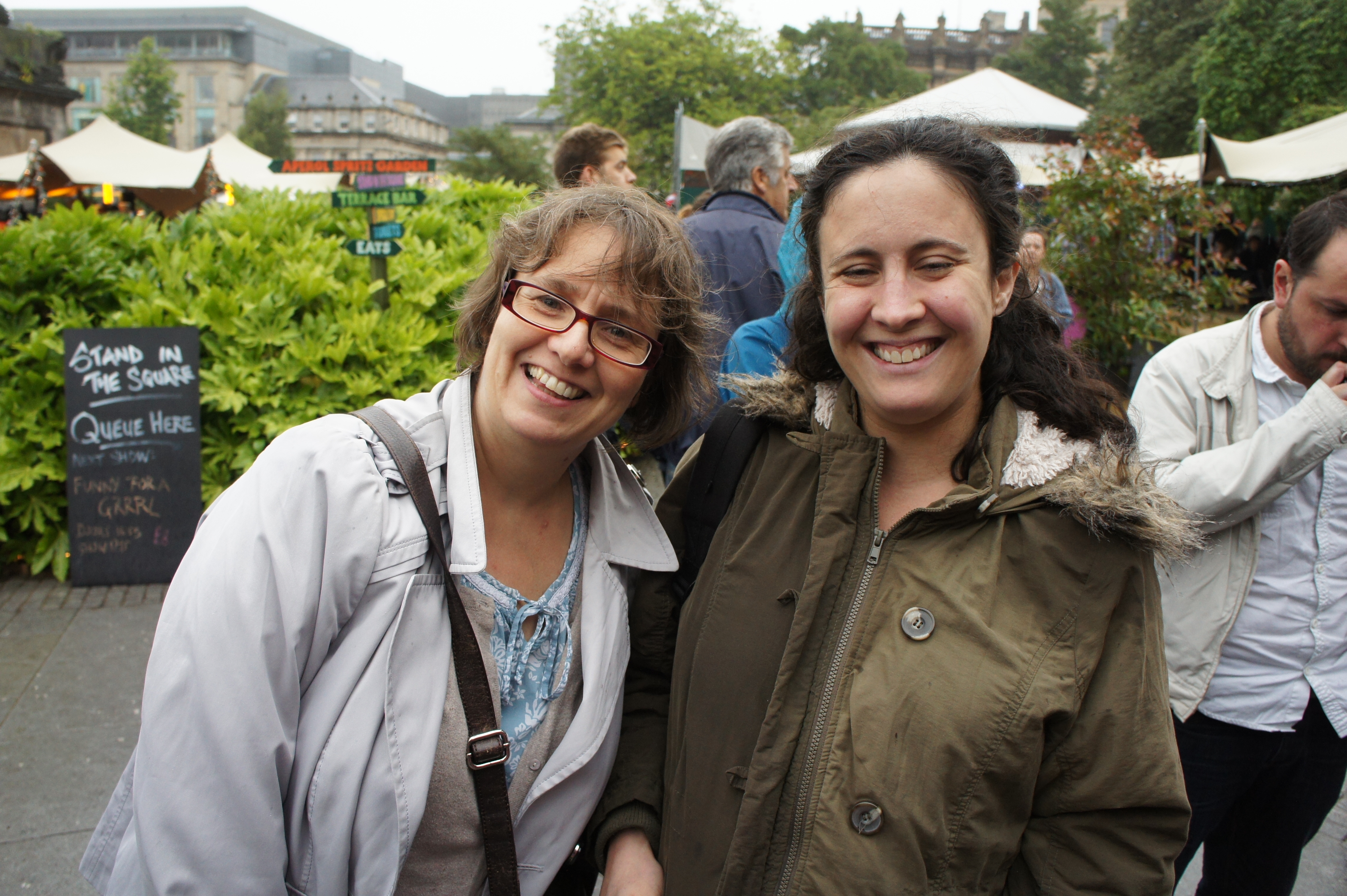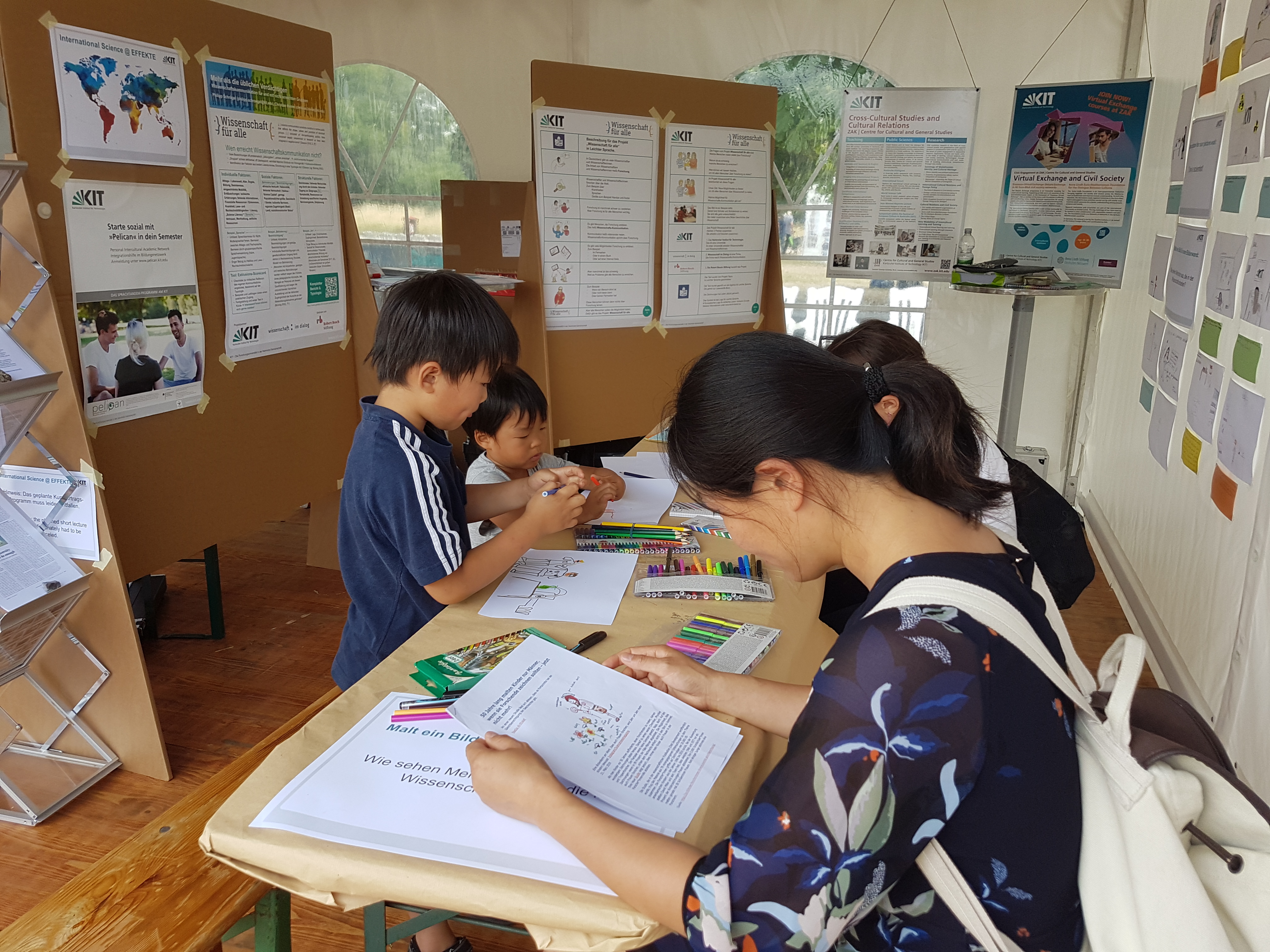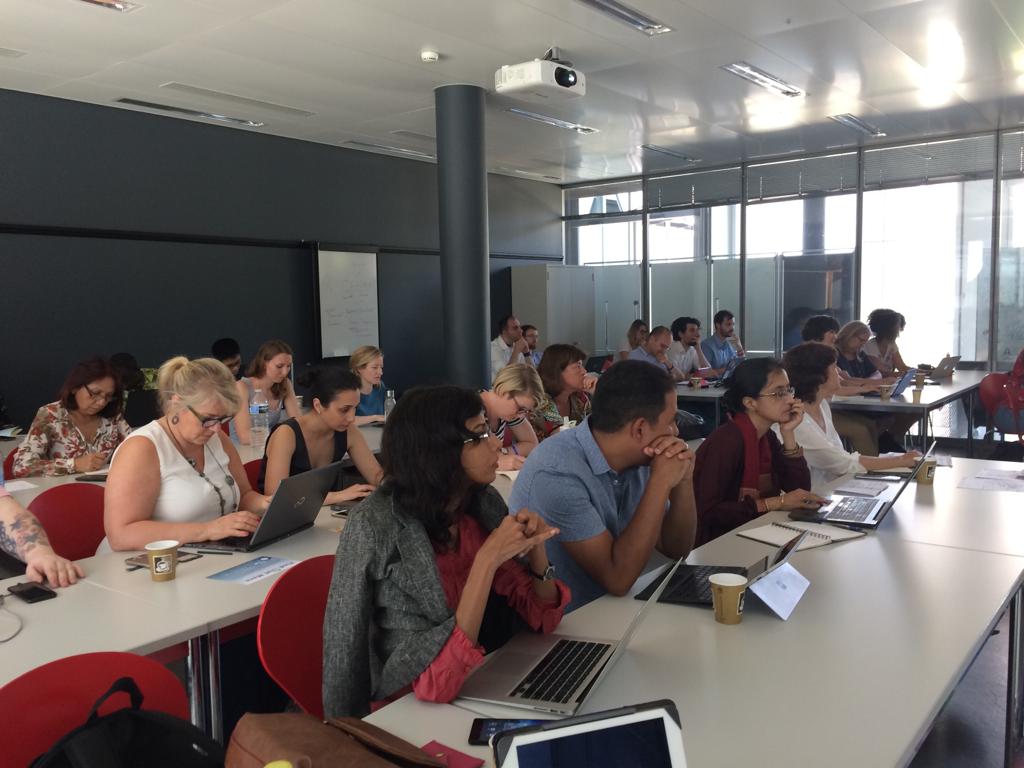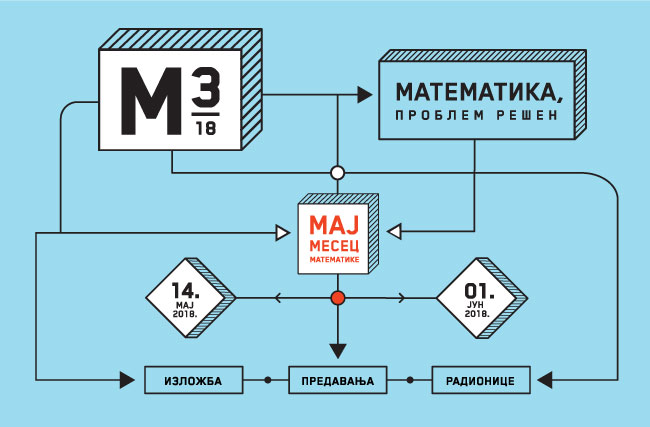At the Cabaret of Dangerous Ideas, the questions the researchers ask would probably surprise you. Could skin cancer actually predict a longer life on average, as an indicator of an active, outdoor lifestyle? If we want to revitalize a city, should we actually be knocking down the older, affluent neighbourhoods, rather than the deprived ones? Is banning child labour actually disempowering our children?
These counterintuitive questions set the tone for an unusual research event that dares its audience to think about perplexing ideas, and in doing so challenges their assumptions about research and society. In each hour-long show, two to three researchers lead discussions about controversial ideas, on which even they themselves might not agree! Edinburgh comedian Susan Morrison serves as the lively host, bringing the entertainment factor and keeping the atmosphere curious, questioning, and open for discussion.

The Cabaret was co-developed in 2013 by the Beltane Public Engagement Network, Morrison, and the arts production company Fair Pley. Since then, it has welcomed thousands to its Edinburgh Fringe Festival sessions. Although centred around a presentation-discussion format, the show still offers lessons for building the relationships necessary for Responsible Research and Innovation (RRI). “It is about listening and respecting others,” says Heather Rea, project lead of the Beltane Public Engagement Network, “and there is something about being informal and using humour that can build trust and connections.” Rea says it’s not only the audience who walks away thinking differently, but the researchers as well. “Some of them are amazed at how nuanced an understanding people have of their area, and the interest that’s involved.”

Rea and Sarah Anderson, the Beltane project officer who co-founded CoDI, are not only skilled in juggling different audiences, but different institutional cultures as well. Beltane Network is a public engagement hub that supports engagement training, events and programmes across four universities in Edinburgh, UK. Bringing this experience to the NUCLEUS project, they have already coordinated two of the NUCLEUS Field Trips that scoped out barriers and opportunities for RRI related to universities and policymaking. In the upcoming phase of the project, their next role will be as a mentor to four of the Embedded Nuclei test beds which will implement strategies to embed RRI in their cultures.
When asked what motivates them in her work, Rea says it is the chance to share what she has learned through Beltane’s experiences and activities. “Because we’ve been through this process and learned so much about the culture change process, I’m really interested in applying that in different contexts, and helping people to use the learnings that we’ve had going forward”. For Anderson, the mutual learning amongst the consortium is also an important aspect. “In my job, I tend to be busy with the practical work and don’t often get a chance to reflect,” she says. “Taking part in a project like NUCLEUS is an opportunity to take a more objective view of how Beltane embodies RRI in its work, to make sense of it using academic theory, and to learn how this translates – or doesn’t – into other cultural contexts.”

For more information about the Cabaret of Dangerous Ideas, check out its 2017 schedule or follow online @CODIfringe.
Note: Beltane is represented legally in the NUCLEUS consortium by the University of Edinburgh, but is supported and facilitates work amongst four institutions: University of Edinburgh, Heriot-Watt University, Edinburgh Napier University and Queen Margaret University.
Image credits: Beltane Network.


